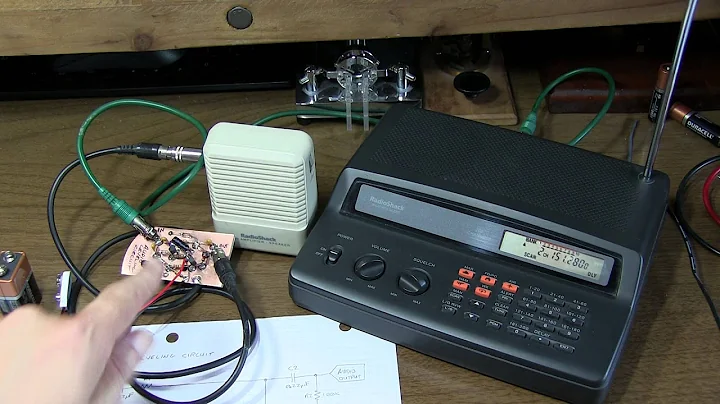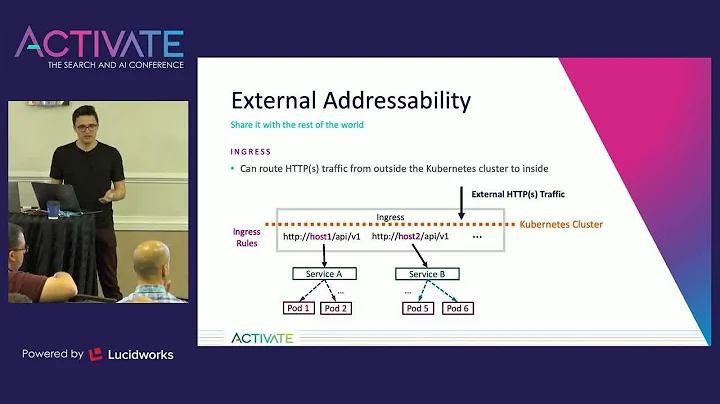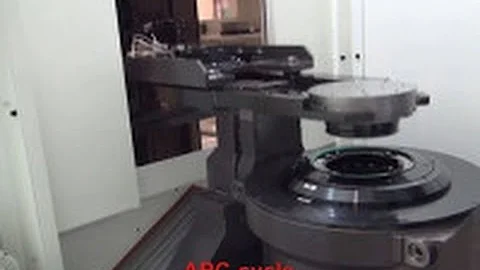Can I automate tar's multi-volume-feature?
Here is a solution:
printf 'n file-%02d.tar\n' {2..100} |
tar -ML 716800 -cf file-01.tar Documents/ 2>/dev/null
where 100 is a number greater or equal to the number of volumes.
Edit
Setting a big number should not be a problem, though I tend to not take a ridiculous one.
An alternative could be a "next volume" script, that you can set with the -F option,
tar -ML 716800 -F './myscript file' -cf file.tar Documents/ 2>/dev/null
then in ./myscript put
#!/bin/bash
prefix="$1"
n=1
while [[ -e "$prefix-$n.tar" ]]; do
((n++))
done
mv "$prefix.tar" "$prefix-$n.tar"
echo "$prefix-$n.tar"
It will be executed at each volume end, and will move file.tar to the appropriate fileNNN.tar. For the last volume the script will not be executed, so the last volume name stay file.tar.
Edit 2
I ended up with the following elaborated solution.
Here are two script, one for the creation and the other for the extraction:
#!/bin/bash
# CREATION SCRIPT
# save on file the initial volume number
echo 1 >number
# multi-volume archive creation
tar -ML 100000 -F './tar-multi-volume-script c file' -cf file.tar Documents2/ 2>&-
# execute the "change-volume" script a last time
./tar-multi-volume-script c file
and
#!/bin/bash
# EXTRACTION SCRIPT
# save on file the initial volume number
echo 1 >number
# execute the "change-volume" script a first time
./tar-multi-volume-script x file
# multi-volume archive extraction
tar -M -F './tar-multi-volume-script x file' -xf file.tar 2>&-
# remove a spurious file
rm file.tar
where ./tar-multi-volume-script is given by
#!/bin/bash
# TAR INVOKED SCRIPT
mode="$1"
prefix="$2"
n=$(<number)
case $mode in
c) mv "$prefix.tar" "$prefix-$n.tar" ;;
x) cp "$prefix-$n.tar" "$prefix.tar" ;;
esac
echo $((n+1)) >number
Obviously you have to change many bits here and there to adapt to your situation and to be sure it would work in cron, that is always a little challenge.
Related videos on Youtube
Industrial
I just want to lie on the beach and eat hot dogs. That’s all I’ve ever wanted. Really.
Updated on September 18, 2022Comments
-
Industrial over 1 year
Ok, so I've just had a read through this page after a way to improve my current backup solution on my Debian server. Tar seems to be offering a quite nice multi-volume feature, although when I try it out, it asks me to
Prepare volume #X for ‘mybackup.tar.gz’ and hit return:.How should I automate this as I would like to take usage of this feature in an automated CRON script where no one is there to push return and enter whatever is rquired by the multi-volume prompt.
Is using
splitthe only way? -
Industrial over 12 yearsI like that, but then I need to know the max number of volumes per directory in beforehand? I mean, what happens when I exceed 716m in 100 directories? Can I just set max to a ridiculously high number like 919191 and leave it?
-
enzotib over 12 years@Industrial: see edit
-
Industrial over 12 yearsThanks a lot for this great answer, Enzotib! How would you suggest restoring/extracting using this "next-volume" script?
-
enzotib over 12 years@Industrial: here an almost complete solution
-
SamB over 11 yearsYou seem to have forgotten to mention the
--new-volume-scriptflag? -
jasonwryan over 11 yearsPlease don't just post links; include some context so that, should the other site go down, there is sufficient information here to make sense of your answer.
-
Nemo almost 8 yearsThank you. How to make the external command/next volume script launch a command in a subshell, without letting tar wait for that new subshell to be done?
-
Nemo almost 8 yearsSelf-answer: use
screen -m -d, stupid: superuser.com/a/172052/283120 Try with $ cat next.sh #!/bin/bash screen -d -m sh -c "sleep 10s; date > /tmp/test; exit" $ tar cf test.tar -ML 10k -F "./next.sh" testinput -
 Matthieu over 7 yearsFrom the tar man page you linked, you could use
Matthieu over 7 yearsFrom the tar man page you linked, you could use$TAR_ARCHIVE-$TAR_VOLUMEin your next-volume-script.




